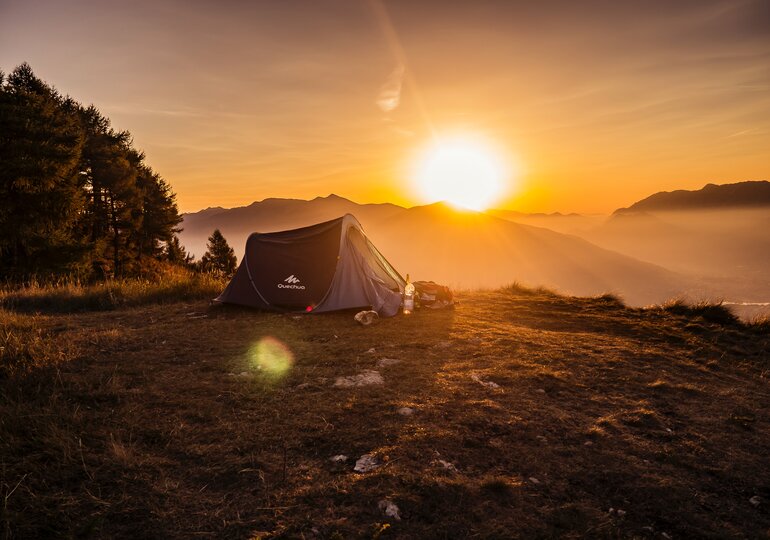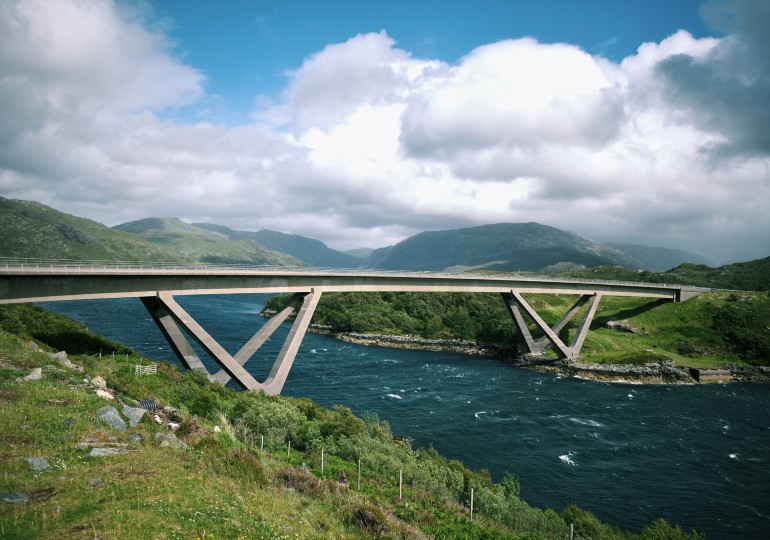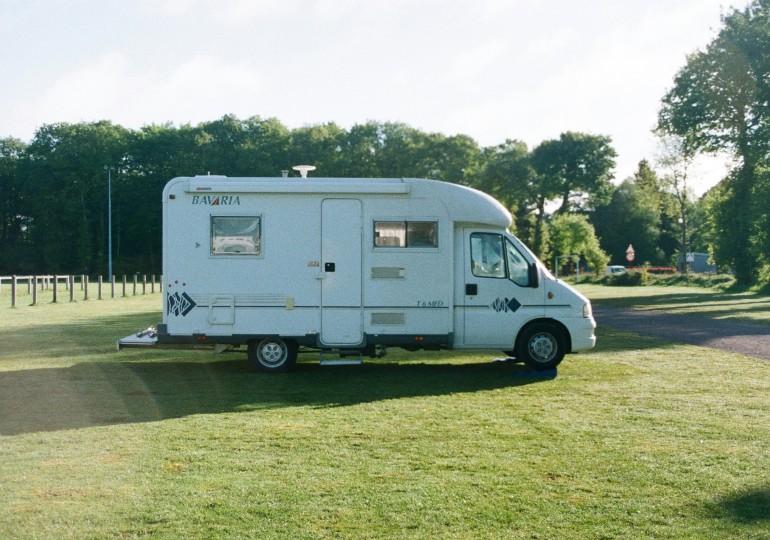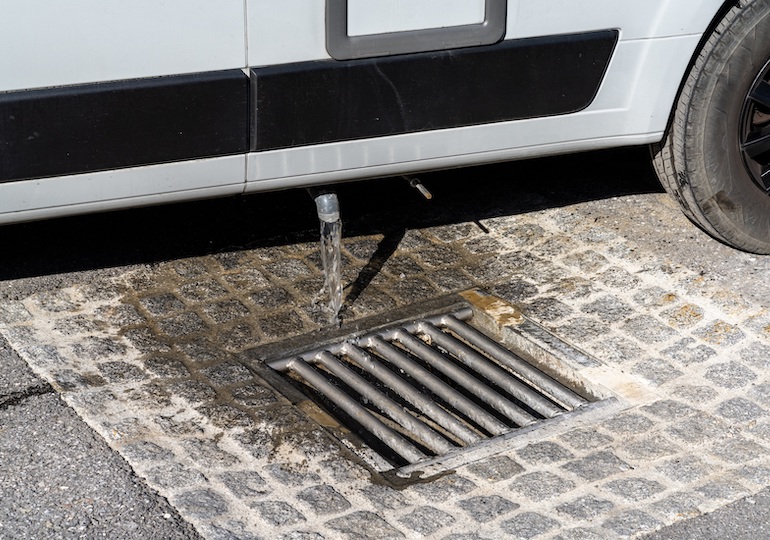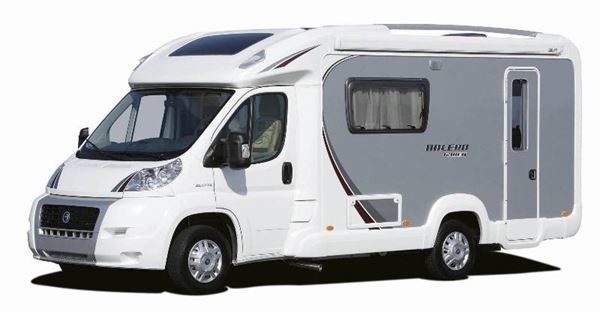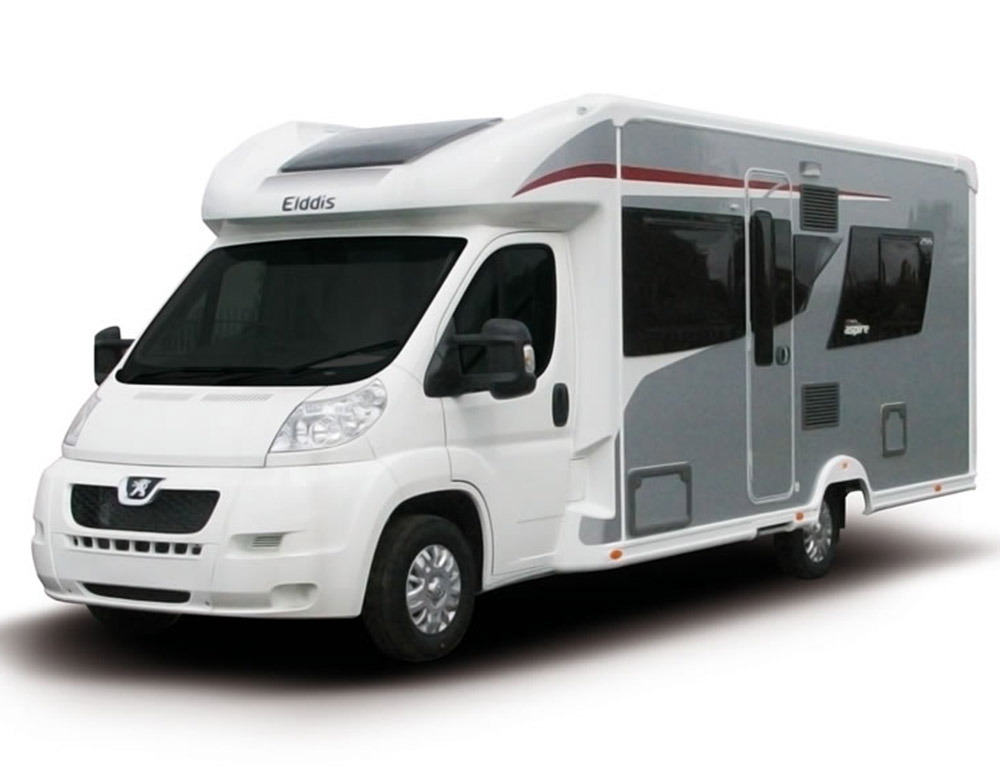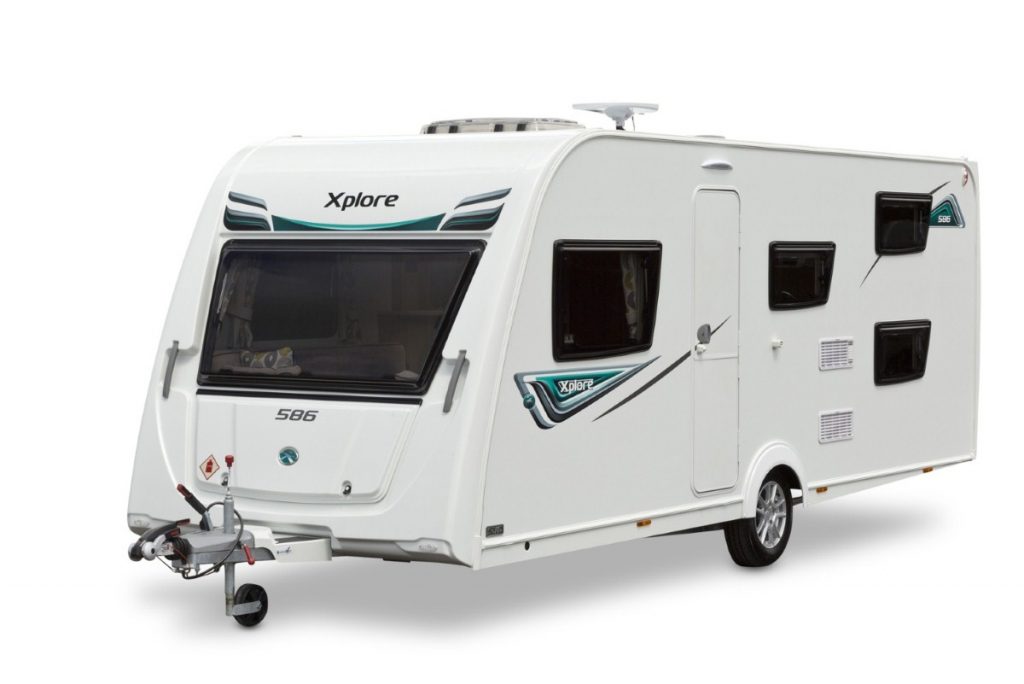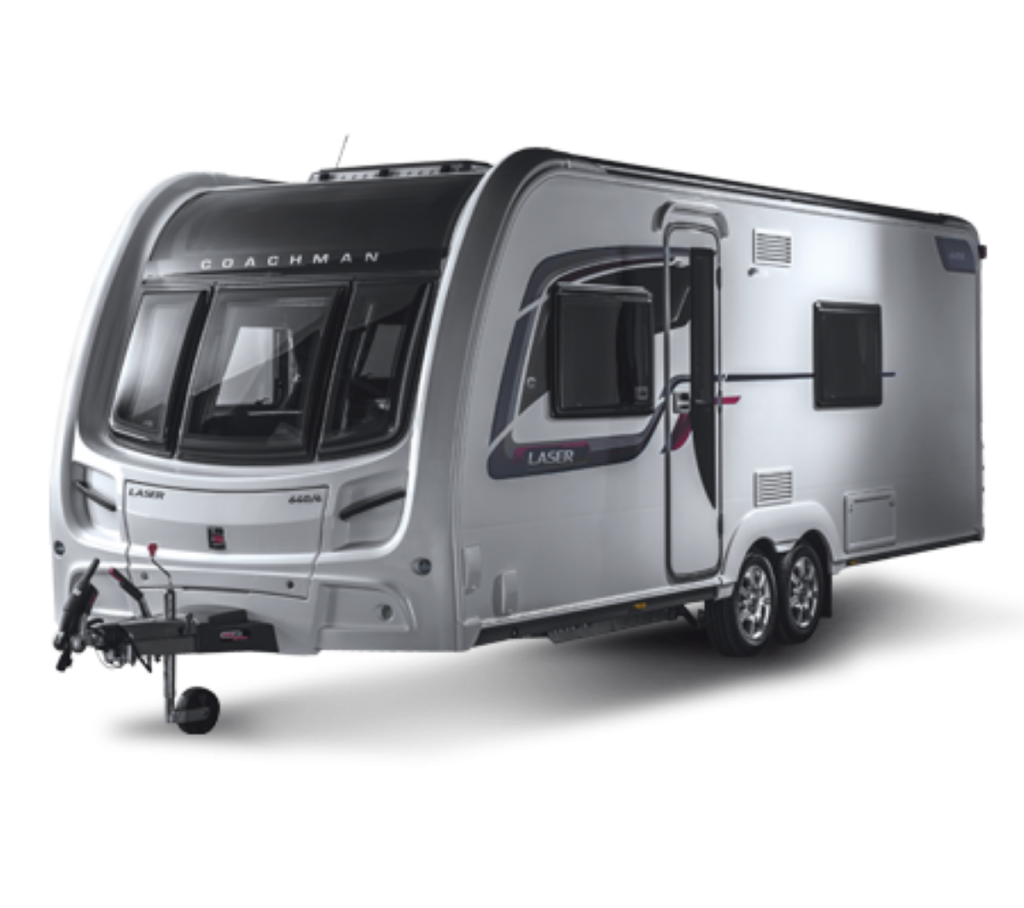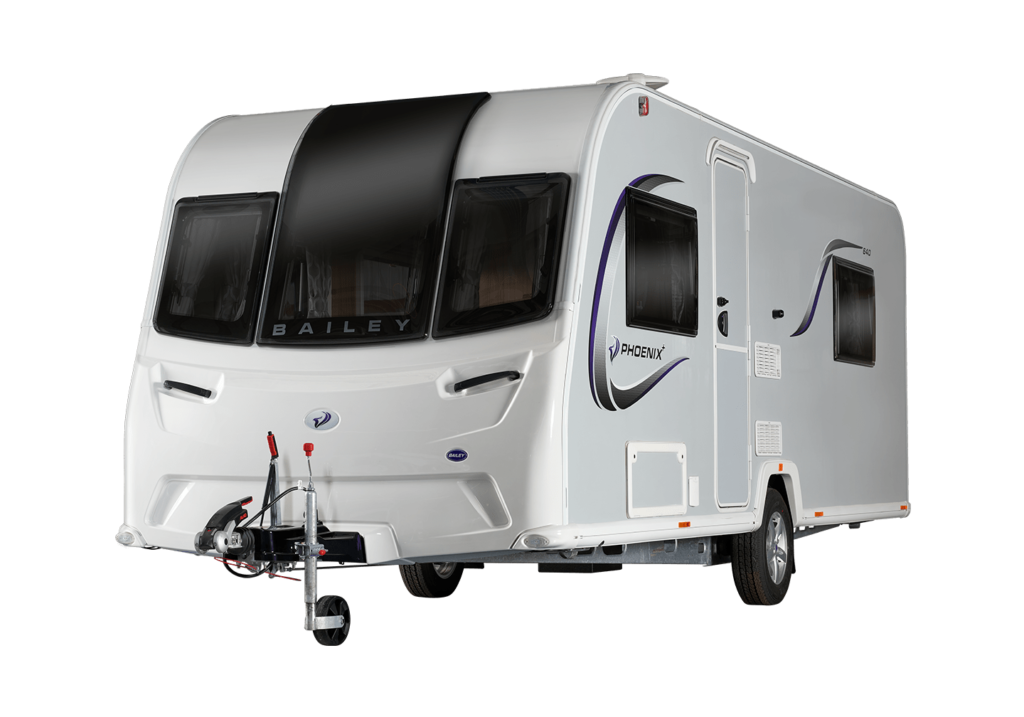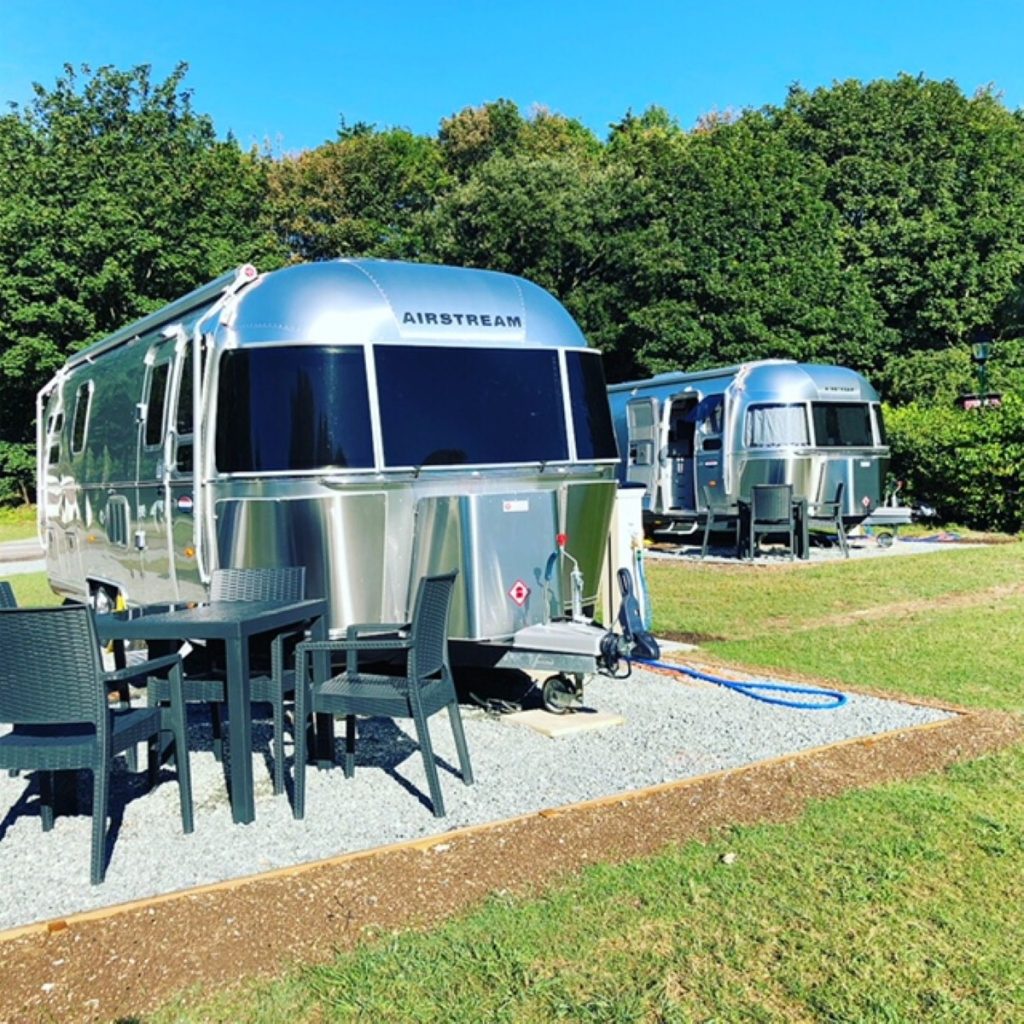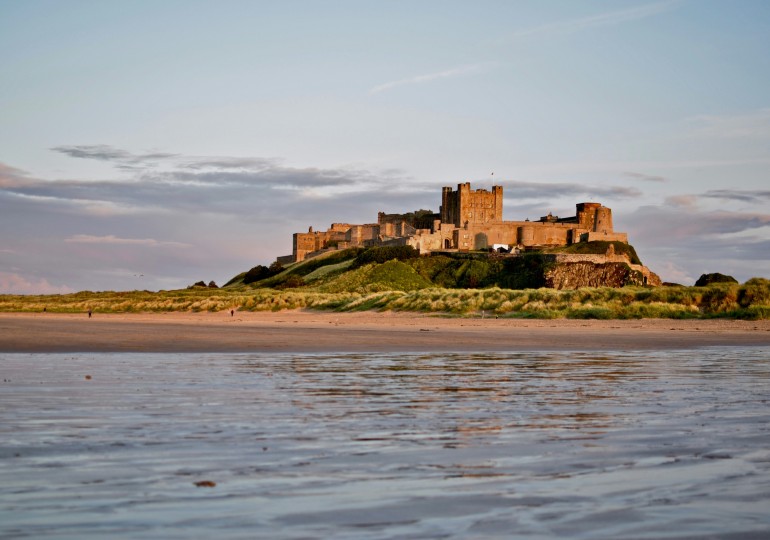With 62 per cent of Brits feeling confident about traveling again after the pandemic, it’s time to start planning your next camping adventure.
You might not be aware, but there are lots of rules and regulations about wild camping around Europe.
It’s not legal to simply find a spot and pitch your tent in many places, and doing so can result in hefty fines that’ll put a damper on your holiday.
What’s more, many people don’t realise that wild camping usually refers to arriving on foot, so doesn’t tend to be compatible with caravans, motorhomes and campervans.
When you don’t incur a huge fee at the end, wild camping can be an incredibly liberating and memorable experience.
Making sure you do it safely and legally will ensure your holiday isn’t ruined before it even begins.
Here’s what the law has to say about wild camping in some key European holiday destinations, as explained by the experts at Pitchup.
United Kingdom
As travel resumes, 70 per cent of Brits agree they’d prefer to take regular UK breaks over an annual overseas holiday. For any avid campers out there, it’s important to know the UK’s stance on wild camping.
In England and Wales, wild camping is only legal with the land owner’s permission. Dartmoor National Park is one exception where the activity is permitted, but there are still restrictions in place as to where. However, there are plenty of nearly wild campsites to pitch up at.
Further north in Scotland, right-to-roam laws are still in place. This means it’s legal to set up camp as long as you follow the Scottish Outdoor Access Code.
Italy
Free camping is not legal in Italy. You could face a fine of €100 (£85) to €500 if someone catches you.
The local authorities regularly patrol key tourist areas, particularly along the coast, to enforce this rule.
If you do want to camp in Italy, you’ll need to stay in a campsite, of which there are plenty. Checking out the listings of Italian sites on the Caravan and Motorhome Club’s website is a good place to start.
France
In France, wild camping is generally well-tolerated as long as you have the landowner’s permission.
Be sure to stay away from tourist sites and don’t light fires, the locals won’t like that!
Germany
Wild camping is prohibited in Germany, and authorities can slap a fine of €500 on you if you’re caught.
This fine can be even greater if you’re found wild camping with a leisure vehicle.
However, there are plenty of ‘nearly wild’ camping sites that offer the best of both worlds.
Portugal
A new law was put into effect in 2021 making wild camping (under certain conditions) legal in Portugal, establishing that overnight stays are allowed for no longer than 48 hours.
The law states that outside protected areas, overnight stays are allowed “for a maximum period of 48 hours in the same municipality,” so moving just down the road won’t necessarily protect you.
Spain
Generally, wild camping isn’t allowed in Spain.
It’s also important to know that it’s illegal to park in any wild place that isn’t an established campsite and take out a table, chairs, or an awning – as this counts as camping.
If you do want to try your hand at wild camping this summer, be sure to choose somewhere that it’s legal or where there are plenty of ‘nearly wild’ campsite alternatives available.
Photo credit: Kevin Ianeselli / Unsplash

